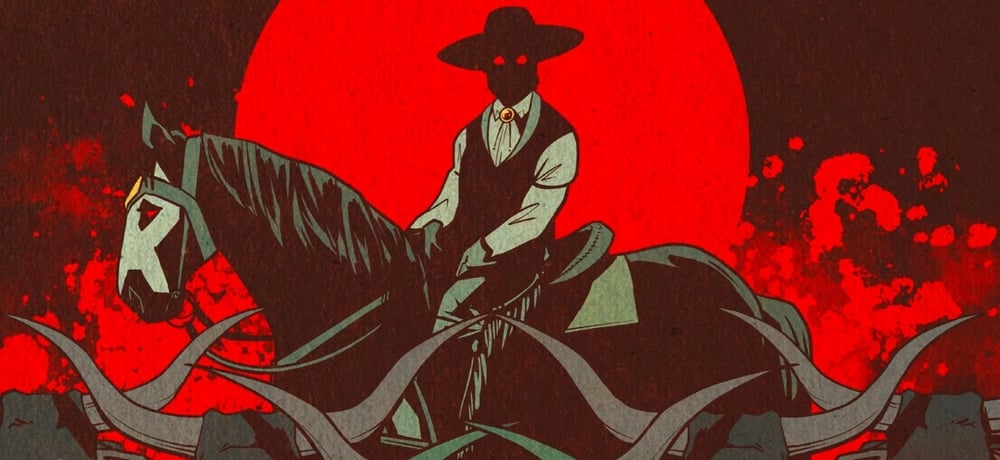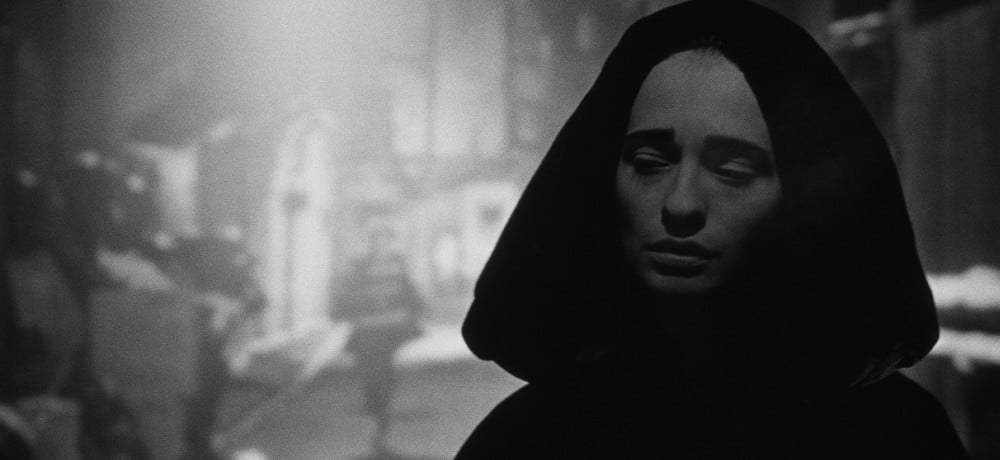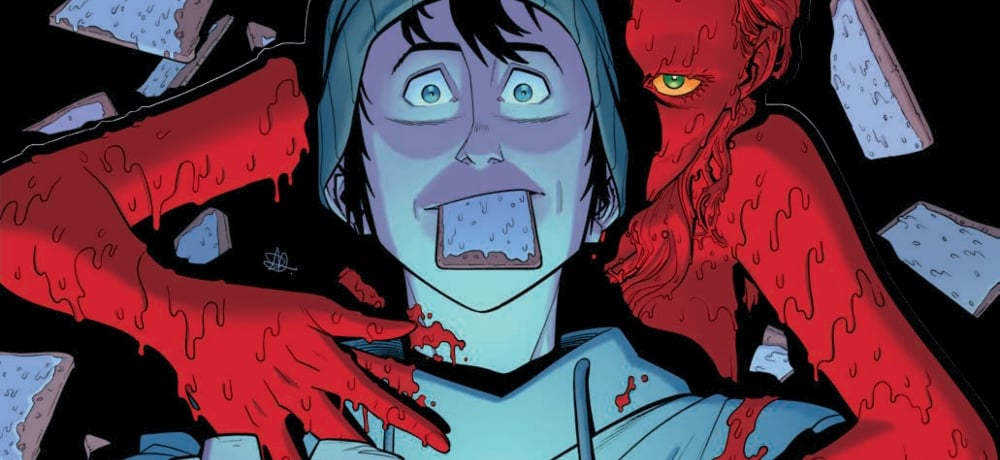





Very few people write like Dorothy Parker. Her poetry and short stories are marked by vicious wit, mainly aimed at the ridiculous romantic standards enforced upon her generation and gender. She laments her lack of love in delightfully economic verses, refers to her enjoyment of sex in not-so-subtle terms, and writes nihilistic advice regarding relationship downfalls. Yet there is a darker side to her. Aside from the Gothic imagery that sarcastically accents her more dramatic work, Parker explores the irony of despair in a disarming, often heartbreaking way.
Parker is famous for her acidic wit and brilliant twists of phrase, often transforming what seems like a simplistic and cheesy rumination on life into biting satire. Her witty destruction of expectations upend ideas of goodness, health, and romance—these don’t apply to Parker, not in this life. In “Love Song,” nice anecdotes about her lover end in the resolve, “I wish I’d never met him.” “Lullaby” is a tender song to a beautiful young woman that ends in a plea: please stay sleeping so I have a chance to get some before all the men fall in love with you. “Godmother” describes a woman born with sadness and pain, as if her distracted fairy overseer granted her the wrong gift. “Observation” makes a bold, almost hopeful statement: I could fit society’s moral standard to be healthy, but f**k it, it’s against my damn nature.
The views on love and relationships presented in these works are hilariously cynical, and the laughter certainly comes out bitter. Her command of language and rhythm make the poems masterful, regardless of tone. They’re constructed with economy and precision, clear and satisfying rhymes that remain consistent even as she turns from flighty niceties to harsh truths. But Parker’s intent isn’t always humorous or charming. Her venomous tongue can slide into darkness with just as much skill.
Many of Parker’s poems betray Gothic or romantic influences of wind-swept moors, nights in the graveyard, being drowned by rain. As loneliness and despair eclipse her, she dreams of lying in the earth, at eternal rest from emotional torment. The turns of phrase apply here, too. “The Satin Dress” seems to be a nice ditty about sewing a fine gown, but the final line reveals that the completed garment forms a shroud. “I Shall Come Back” is the lonely lament of a ghost whose attempts to haunt her lover go unnoticed; while “The White Lady” describes a phantom who inadvertently terrifies local villagers as she seeks a place to sleep. The poem “Victoria” contains the deliciously creepy phrase “rotted cosily.” These works offer surface reasons to look at Parker as a macabre writer. While she nods to sublime imagery, though, she’s more concerned with the mundane, raw facts of her existence, and the dissatisfaction of having to leave the former to attend to the latter.
In what is arguably her most powerful, lasting poetry, these two moods mash together in amusing and devastating songs of bland despair. “Resume” might be her most famous poem. This brief, charmingly-rhymed work outlines all of the common means of suicide, and describes their unpleasantries. The final line decides, “You might as well live.” Her blasé attitude toward the subject is disturbing and remarkable, considering it is a deeply personal reflection. It’s not Gothic or macabre exactly, it’s just honest, and that honesty is dark. Similar to this masterwork, “Symptom Recital” forms an honestly disturbing list of physical and psychological states, then reveals that this is how she feels when she’s in love, something that’s meant to be wonderful, not painful. Parker knows better. Her personal life was fraught with mental illness and heartache; her vicious songs come from experience. Knowing what she went through, it’s even more astounding that she turned her trauma into art.
There’s immense pain in Parker’s writing, both mental and societal, depicted through her macabre imagery and blunt, shocking depictions of utter despair. Somehow, through all the darkness, she manages to express some kind of triumph. Perhaps it’s the humor, or the shameless attitude she takes toward her so-called abnormalities. She eschews common politeness, strained morality, in favor of honest lust, laughter, and despair. There’s darkness and injustice and rage in her poetry, but also a wry sense of humor about it all: if it’s the way things are, skewering them with truth offers a little bit of comfort. She incorporates classical, melodramatic expressions of depression almost as a cheeky nod to them, their seriousness, their all-encompassing darkness; and then allows herself a little, self-contained laugh.